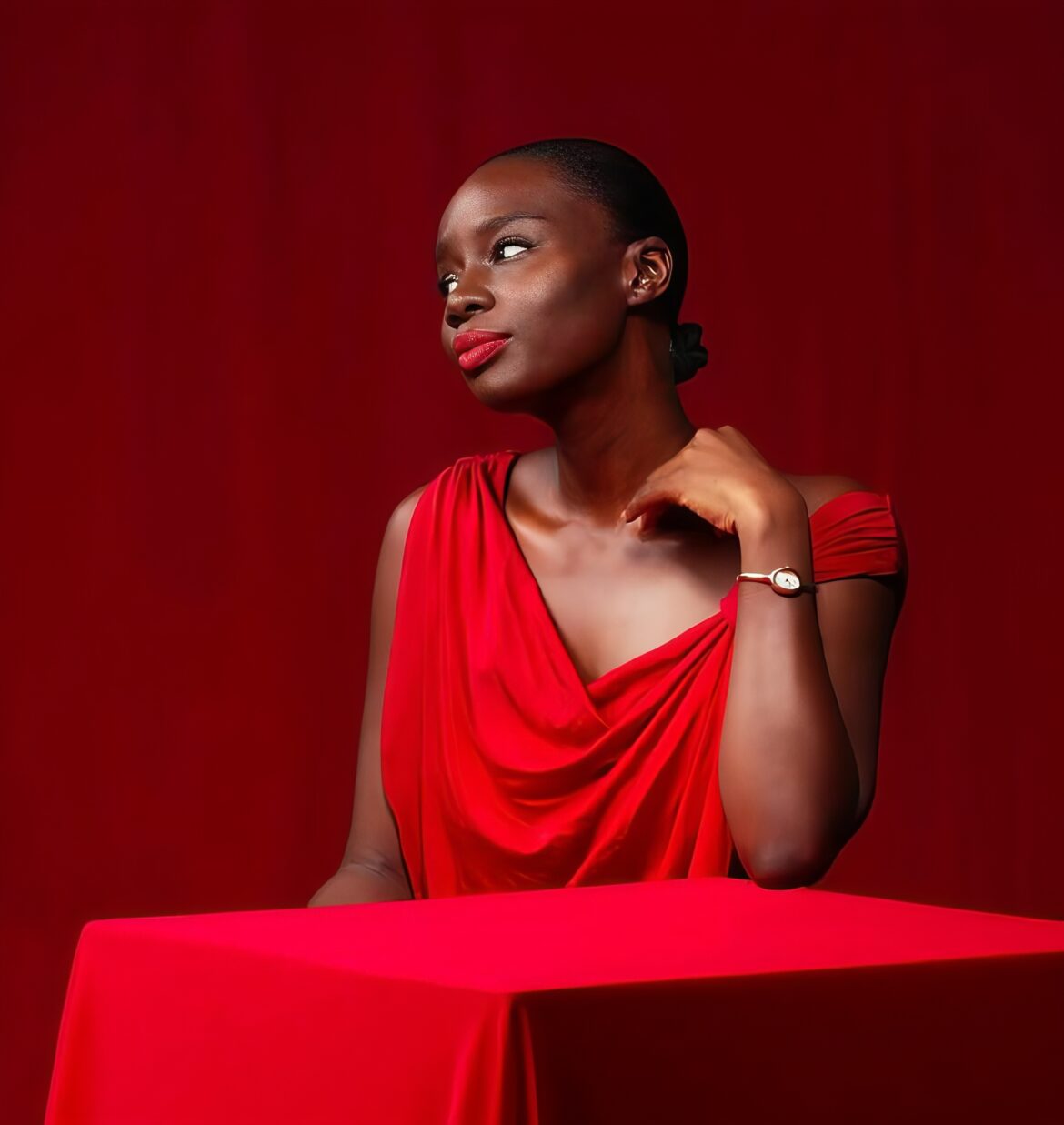Sarah Diouf founded Tongoro, a Senegal-based fashion brand making bold, ethical, and globally accessible African fashion while empowering local artisans.
Sarah Diouf is the founder and creative director of Tongoro, a Senegal-based fashion brand known for its bold prints, ethical production, and globally accessible pricing. Through Tongoro, Diouf is building a globally recognised, 100% African-made fashion label that empowers local artisans, champions ethical manufacturing, and showcases high-quality African fashion on the world stage.
Born in France to a Senegalese-Congolese mother and a Central African father, Diouf grew up in Côte d’Ivoire and has spent much of her adult life working across Africa and Europe. She launched Tongoro in 2016 with a clear mission: to create a fashion brand entirely made in Africa, promote local production, train artisans, and develop a sustainable fashion ecosystem.
Before founding Tongoro, Diouf had already made her mark in African media. In 2009, she launched Ghubar, a digital magazine spotlighting African and Arab creativity. She later founded Noir, a lifestyle platform for women of colour. These ventures deepened her understanding of digital storytelling and community building—elements that would later shape Tongoro’s global strategy.
Headquartered in Dakar, Tongoro operates through a collaborative network of self-taught local tailors and artisans. Rather than outsourcing production overseas, the brand handles everything locally—from sourcing fabrics to final finishing. Diouf creates employment opportunities and offers training, access to modern equipment, and technical development. Her model addresses key structural barriers in the African fashion industry, including a lack of infrastructure and creative funding.
Tongoro operates on a direct-to-consumer, fully digital model. Customers order online, and the brand ships worldwide within five business days. Seventy per cent of its sales come from the United States. Rather than adhering to traditional fashion seasons, Tongoro releases capsule collections named after African cities or neighbourhoods such as Nyanga, Kano, and Abidjan, blending cultural storytelling with contemporary fashion.
The brand’s striking designs have garnered global attention. Beyoncé wore Tongoro in her 2018 Spirit music video and in Black Is King again. The brand has also been embraced by Naomi Campbell, Alicia Keys, Kelly Rowland, and Burna Boy. These high-profile endorsements have elevated Tongoro as a leading voice in African luxury fashion, without compromising its mission of affordability and accessibility.
In 2020, Diouf released a short documentary, Made in Africa, to articulate the brand’s vision and commitment to building an intra-African fashion supply chain. Her work has been widely recognised, with features in Forbes, Vogue, CNN, and Business of Fashion, which named her one of the BoF 500 global fashion leaders.
Ultimately, Sarah Diouf’s impact goes beyond clothing. She is laying the foundation for infrastructure, employment, and cultural pride. Through Tongoro, she is proving that African fashion doesn’t need to emulate the West—it can thrive on its terms, with its rhythm, identity, and economy.



